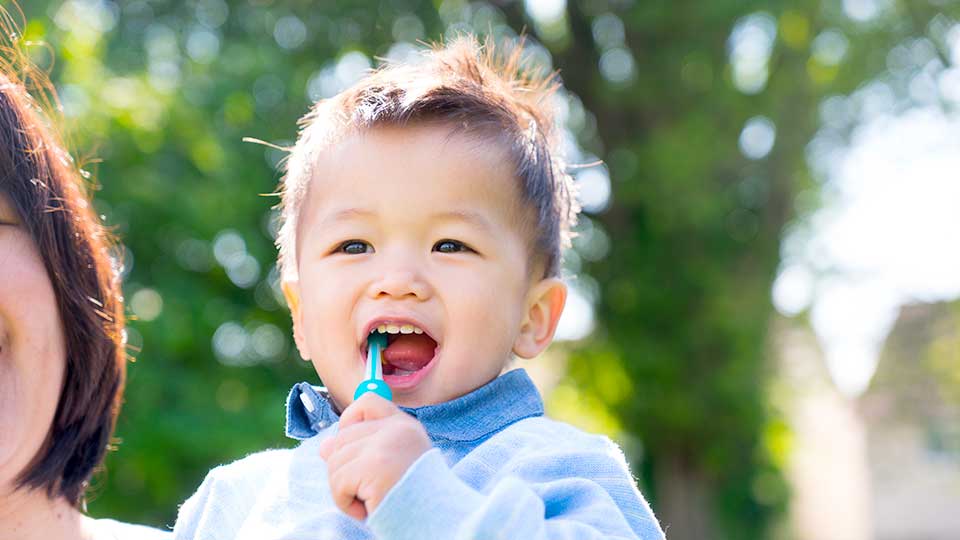Kids Dentist Boca Raton is an essential aspect of healthcare that is dedicated to ensuring the oral health of children from infancy through adolescence. Children’s dental health matters because it affects their overall health and wellbeing. Poor dental hygiene in childhood can lead to a range of problems, including tooth decay, gum disease, and other oral health issues. These problems can cause pain, discomfort, and even result in tooth loss. In addition to physical problems, poor dental health can also impact a child’s social and emotional wellbeing, as they may feel self-conscious about their smile or experience difficulty speaking or eating.
As a parent, you may be wondering why pediatric dentistry is important for your child’s dental health. The answer is simple: children’s teeth are different from adult teeth, and they require specialized care to ensure they stay healthy and strong throughout their development.
In this article, we will explore the importance of Eugene Kids Dentist, what makes it different from adult dentistry, and why it matters for your child’s long-term dental health.
What is Pediatric Dentistry?
Pediatric dentistry is a specialized branch of dentistry that focuses on the oral health of infants, children, and adolescents. A pediatric dentist undergoes two to three years of additional training beyond dental school to gain the expertise necessary to treat children’s dental needs.
Pediatric dentistry encompasses a wide range of services, including preventive care, restorative treatments, and emergency care. It is crucial for parents to seek regular dental check-ups for their children to maintain their oral health and catch any dental problems early on.
How is Pediatric Dentistry Different from Adult Dentistry?
Pediatric dentistry differs from adult dentistry in several ways. First and foremost, children’s teeth are still developing, and they require specialized care to ensure they grow and develop correctly.
Children’s teeth are also more susceptible to tooth decay and other dental problems due to their diet, habits, and lack of proper dental hygiene. A pediatric dentist is trained to identify and treat these issues, as well as educate children and parents on the importance of oral hygiene and healthy habits.
Another key difference between pediatric dentistry and adult dentistry is the approach to treatment. Pediatric dentists use a child-friendly approach to make children feel comfortable and at ease during their dental visit. They may use games, toys, and other techniques to help children feel less anxious and more willing to participate in their treatment.
Why Does Children’s Dental Health Matter?
Children’s dental health is essential for several reasons. First and foremost, healthy teeth and gums are crucial for proper nutrition and speech development. Children who suffer from dental problems may experience pain while eating, difficulty speaking, and lower self-esteem.
Untreated dental problems can also lead to more serious health issues later on in life, including gum disease, tooth loss, and even heart disease. Early detection and treatment of dental problems are crucial for preventing these complications and ensuring your child’s long-term dental health.
Additionally, healthy dental habits established in childhood can lead to a lifetime of good oral hygiene practices. Encouraging children to brush and floss regularly, eat a healthy diet, and visit the dentist regularly can help them maintain their oral health into adulthood.
Conclusion
In conclusion, pediatric dentistry is essential for your child’s dental health and development. A pediatric dentist has the expertise to provide specialized care for children’s teeth and gums and can help prevent and treat dental problems before they become more serious.
Regular dental check-ups, healthy habits, and a child-friendly approach to treatment can help your child maintain good oral hygiene practices and prevent dental problems in the future. By prioritizing your child’s dental health, you can ensure they have a happy and healthy smile for years to come.



